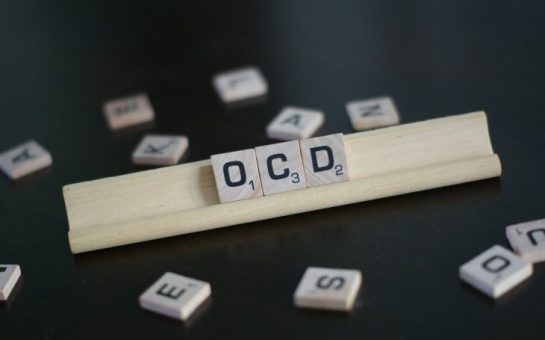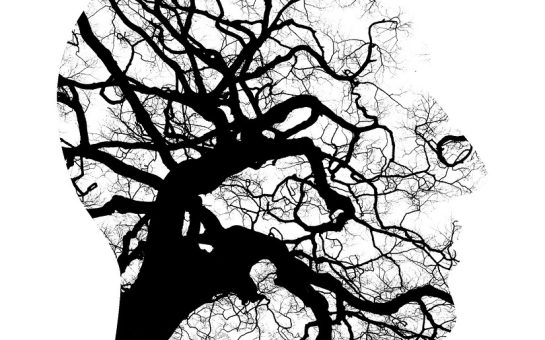Ever so often new products come on the market, be it fad diets like the Atkins, dance crazes like Gangnam style or toys like the hula hoop.
But after a while the initial excitement goes and in the case of diets people soon realise that they have no effect and probably aren’t great for the body.
In the past year or so the letters CBD have been on the lips of many and various CBD products have began to appear in shops, pharmacies and online.
But was it CBD and why is it everywhere?
What is CBD?
CBD or Cannabidiol as it’s known is a natural compound found in cannabis plants. Cannabis plants have two major compounds, one being Cannabidiol and the second being Tetrahydrocannabinol (THC).
The main difference between THC and CBD is that THC can alter the brains function i.e. makes a person high (scientifically known as psychoactive).
Whereas this isn’t the case with CBD. A report by the World Health Organisation (WHO) stated that CBD failed to provide the same effects or physical dependency as THC.
Popularity
In 2016 the UK Medicines and Healthcare products Regulatory Agency (MHRA) stated that products which contained CBD and were to be used for medical purposes would be considered medicine.
A report by the WHO further stated: ”The clinical use of CBD is most advanced in the treatment of epilepsy. In clinical trials, CBD has been demonstrated as an effective treatment for at least some forms of epilepsy.
“There is also evidence that CBD may be a useful treatment for a number of other medical conditions. However, this research is considerably less advanced than for treatment of epilepsy.”
Also media reports of individuals gaining benefits from CBD have created an awareness of CBD.
Uses
The WHO report outlines that CBD can be effective to treat some forms of epilepsy.
In England CBD can be given via prescription to children and adults with a severe form of epilepsy and for adults suffering nausea and vomiting when going through chemotherapy.
But, only in rare cases when all other treatments have been exhausted.
The repost also states that CBD could help with illness such as Alzheimer’s, Parkinson’s, Multiple sclerosis, Huntington’s disease, Anxiety, Depression and Crohn’s disease to name but a few. But there has not been enough research done to truly know what CBD can be used for.
Where can I get some?
CBD seems to be everywhere, a quick google search can take you to a whole host of websites where you can find CBD oils, e-liquids, lozenges and balms.
These products are just the tip of the iceberg. High street chains like Holland & Barrett also stock some CBD oil.
Big brands like Pepsi and Coca Cola are said to be looking at the CBD market, so it might not be long before CBD infused soft drinks or wellness drinks hit our supermarket shelves.
However, as the NHS England website states: “Many cannabis-based products are available to buy online, but their quality and content is not known.
“They may be illegal and potentially dangerous. Some products that might claim to be medical cannabis, such as “CBD oil” or hemp oil, are available to buy legally as food supplements from health stores. But there’s no guarantee these are of good quality or provide any health benefits.”
So care must be taken when purchasing supposed CBD infused products.
Popular culture
Cannabis has always been glorified by celebrities but, now CBD is getting the same reception. Celebrities like Whoopi Goldberg, Morgan Freeman and Seth Rogan are advocates of CBD.
Sports stars such as UFC Welterweight Champion Kamaru Usman, UFC fighter Nate Diaz and strongman Eddie Hall endorse CBD to treat pain.
This then allows CBD to reach a far wider base and gets more people inquiring about this product. Any publicity is good publicity as they say.
The appeal of CBD appears to only be growing, it’s become more mainstream with celebrity endorsements to your local pharmacy advertising it.
However, more research is need to know the true capabilities of CBD and the benefits, if any.
Image courtesy of Marco Verch via Flickr, with thanks.



